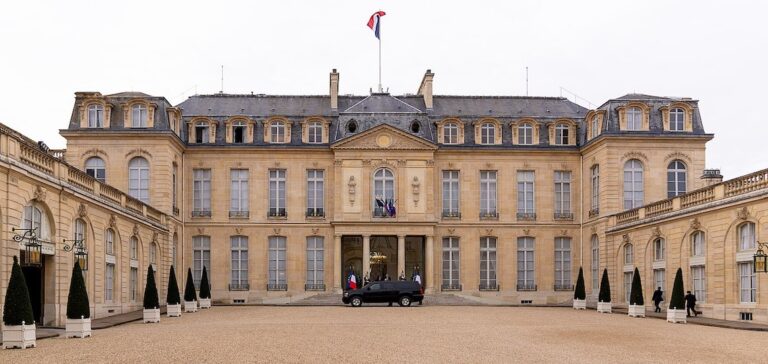Emmanuel Macron said on Monday that the new 10% increase in regulated electricity tariffs on August 1 was a “proportionate decision”, pointing out that the “taxpayer pays what the consumer does not”.
A summer hike: the president’s take on electricity rate hikes
“This summer increase” is “important for many of our compatriots who are already in difficulty, but I think it’s a proportionate decision”, pleaded the President of the Republic in a televised interview broadcast on TF1 and France 2 from New Caledonia.
“The increase in energy prices is an “external tax due to a number of geopolitical phenomena and market disturbances that are now stabilizing”, said the French President.
“The nation has invested some 40 billion euros to absorb this shock, but it is the taxpayer (…) who is paying for what the consumer is not,” he insisted. According to him, “when we look at our European neighbors, we will have increased electricity much less in our country than in most of our neighbors”.
Measures in the pipeline: the government tackles rising electricity tariffs
President Sarkozy pledged to “continue to accompany the evolution of energy prices over the coming months” by producing “more electricity by restarting our nuclear power plants” and finalizing “a reform at European level that will reduce our electricity costs, because France has been penalized by the calculation rules”.
Under pressure to reduce the cost of the tariff shield, the government announced a further 10% increase in regulated electricity tariffs on July 18, triggering a volley of criticism from the opposition and consumer associations.
Signalling the gradual end of the tariff shield introduced two winters ago to reduce French bills, this increase will affect households, small businesses and craftsmen “connected to a meter with a power rating of up to 36 kilovoltamperes”.
The previous increase (+15%) dates back to February, after 4% in February 2022. Since 2021, the regulated tariff on which some 23 million customers (out of 34 million) depend, will therefore have risen by 31%.





















